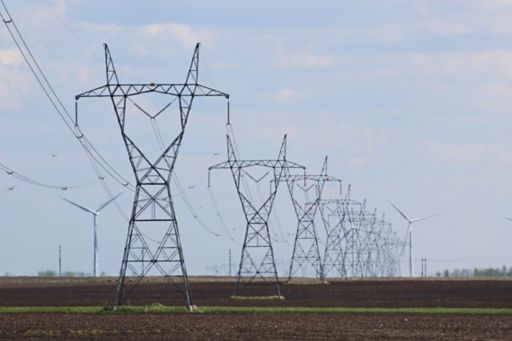Nigeria’s Electricity Supply Industry Highlights
Nigeria’s Electricity Supply Industry Highlights
The role of Government and its agencies in Nigeria’s Electricity Supply Industry (NESI) has, since 2013 when the sector was mostly privatized, rightly shifted to making policies intended to encourage the development of the sector.

The sector is experiencing several challenges now. Therefore, it is important that Government takes steps to establish and implement policies aimed at addressing these challenges and get the sector performing at its optimal potential.
This newsletter highlights some of these recent policies and actions, and their potential impact on the industry.
• The Minor Review of the Multi-Year Tariff Order (MYTO), 2015
The Nigerian Electricity Regulatory Commission (NERC) recently announced the approval of the minor review for 2016 – 2018 of the Multi-Year Tariff Order (MYTO), which was issued in 2015.
The MYTO 2015 specified the electricity distribution tariffs for the period 2015 to 2024 but had an effective commencement date of 1 February 2016. NERC was also required to carry out biannual minor reviews of the tariffs and vary it accordingly, taking into consideration changes in certain macroeconomic variables outside the control of electricity distribution companies (DISCOs) in line with the requirement of the MYTO Methodology. These variables include inflation rates, foreign exchange rates, gas prices and available generation capacity. Consequently, the NERC should have already conducted seven (7) minor reviews since the MYTO 2015’s effective date of February 2016. However, these minor biannual reviews did not take place. This resulted in DISCOs experiencing major tariff shortfalls within this period and which have impacted the liquidity position of the entire industry.
The recent minor review for 2016 – 2018 of the MYTO 2015 was, therefore, a retrospective adjustment of the MYTO 2015 tariff regime to account for changes in the relevant macroeconomic indices for 2016, 2017 and 2018. A key objective of this adjustment is to determine the cost reflective tariffs for the relevant years and to ascertain revenue shortfall that has arisen as a result of the differential between such cost reflective tariffs and the actual end-user tariffs charged by the DISCOs during these years. The Minor Review Order also reiterates Government’s commitment to the Power Sector Recovery Plan (PSRP), which makes provision for all accrued liabilities arising from the tariff shortfall to be transferred from the financial records of the DISCOs and fully settled under the financing plan of the PSRP initiative.
There are, however, concerns as to whether the tariff review is comprehensive enough as it may not have reflected the actual Aggregated Technical Commercial and Collection (ATC&C) losses incurred by the DISCOs during the period.
Click to download and read more on this article.
© 2026 KPMG Professional Services, a partnership registered in Nigeria and a member firm of the KPMG global organization of independent member firms affiliated with KPMG International Limited, a private English company limited by guarantee. All rights reserved.
For more detail about the structure of the KPMG global organization please visit https://kpmg.com/governance.